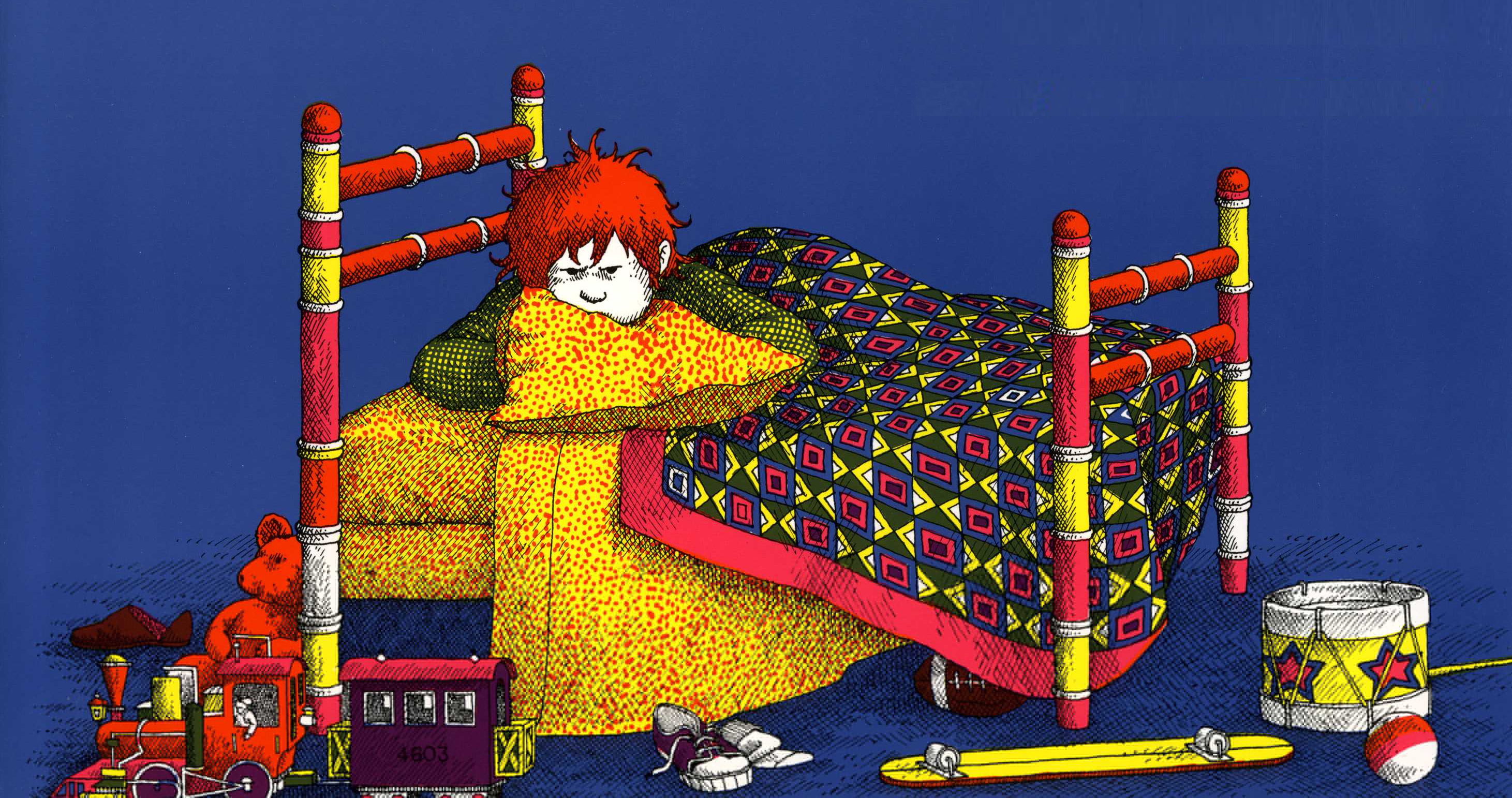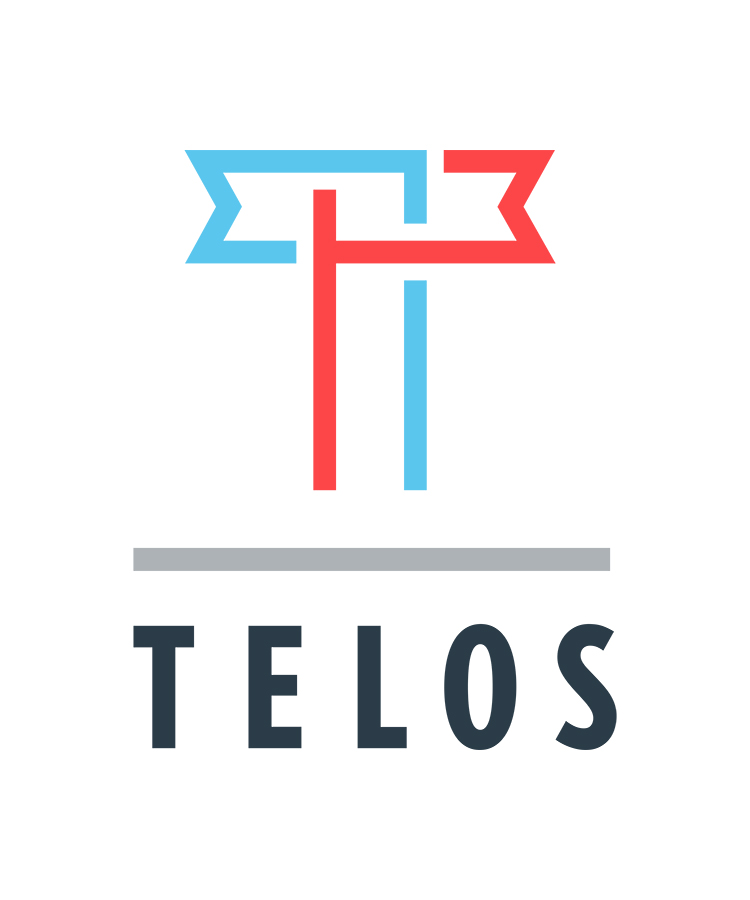The Terrible, Horrible, No Good, Very Bad Day
By Todd Deatherage
 When our kids were little, one of our favorite books was Alexander and The Terrible, Horrible, No Good, Very Bad Day about a little boy who wakes up with gum in his hair and, as a day of disheartening events unfolds, decides he wants to move to Australia.
When our kids were little, one of our favorite books was Alexander and The Terrible, Horrible, No Good, Very Bad Day about a little boy who wakes up with gum in his hair and, as a day of disheartening events unfolds, decides he wants to move to Australia.
Yesterday I wanted to move to Australia.
I didn’t start the day with gum in my hair. In fact, it began really sweetly, with a college visit road trip with my ebullient high school daughter. After our official tour, we visited a familiar campus ministry whose mission is “to provide opportunities and resources for corporate and individual investigation of the truths of the historic Christian faith in response to the questions raised by contemporary society.” I’ve long had an affection for this place and have had conversations in the past with the leadership, who I deeply respect, about bringing a group of Christian students on a Telos trip to explore peacemaking as an aspect of their discipleship. So I was a bit heartsick when I saw the advertisement for their upcoming trip to Israel with an organization that leads Christian young people on the kind of tours that only find room to celebrate biblical Israel and the “modern-day miracle” that the modern State of Israel represents. Upon return from these trips, they help their alumni spread “the spiritual and moral message of Israel on campus and beyond.”
To many these sound like noble goals—except for the inconvenient fact that there are a few million Palestinians, both Muslims and Christians, also living in the land. Most live in the West Bank, which has limited governance from the Palestinian Authority, but ultimately is under Israeli military control, or the Gaza Strip, internally ruled by Hamas with air, land and sea borders controlled by Israel and Egypt.
In addition, around 1.8 million Palestinian Arabs have citizenship in the modern State of Israel. They constitute twenty percent of the population there. And yet they have repeatedly and increasingly been denounced as traitors and threats. As recently as this week, in the midst of a months-long political crisis, the Israeli Prime Minister responded to the possibility of his election rival forming a government with support from Arab parties in this way: “A government dependent on the Arab parties is an existential threat, an immediate threat to the security of Israel.” The Prime Minister was not alone. His dire warnings of a fifth column in their midst were quickly echoed by other senior lawmakers in his Likud party.
The related inconvenient fact is that there is no path to peace that doesn’t acknowledge that there are two people in the land, each with historic claims and deep connections to it, each with hopes and dreams for a future for themselves and their children, and each made in the image of God. Some of them, from both sides, have dreams in which the other completely goes away. But those dreams are fantasies, or were they to become real, they’d be nightmares.
So in a college town coffee shop, as I considered all this, I felt creeping despair about the decision of this reputable ministry to expose young Christians to a legitimate but singular view of the place and the people there, about the theological and political formation that these trips provide young believers, about how disconnected it is from the kingdom of God or common good theologies or from a discipleship of peacemaking. The “us vs. them” thing is destroying us from within and shaping the considerable power America projects into the world. And then I received a text from a Telos colleague that the Secretary or State, an evangelical Christian, would soon be announcing a historic shift in US policy toward Israeli settlements. A decades-old U.S. government legal opinion on the illegality of Israeli settlements in lands taken in the 1967 War was summarily overturned. The Secretary called this a mere acknowledgement of the “reality on the ground” which would “increase the likelihood” of an Israeli-Palestinian peace deal.
Why now remains unknown, but you can be sure it was either a concession to domestic politics in Israel or here at home. Prime Minister Netanyahu, struggling for his political life, welcomed and praised the news. And a member of President Trump’s Evangelical Advisory Committee said, “In our opinion, it’s recognizing the Bible as legal.” He then announced plans to create a new exhibit dedicated to Trump at his Friends of Zion Museum in Jerusalem.
It’s clear that the support of American evangelicals for a view that all the land is covenanted land, that no territorial compromise is possible, that Palestinians—even the Christians who are the inheritors of an unbroken two thousand year presence in the land—have no legitimacy anywhere there, or can exist only subservient to the rightful owners of the land. And it is clear that many Christians, many good and decent people, have learned this—have been discipled in this way—by Christian leaders and institutions.
Of course most Christians who hold this view don’t know people like my friend Daoud, a Palestinian Christian whose family owns a hundred acre farm in the West Bank. In spite of deeds going back to the Ottoman era, they are denied running water, electricity, or building permits, and have engaged in a legal battle with Israeli authorities over ownership of their land for more than 25 years. (And in spite of it all, the family lives out the motto imprinted in stone at the entrance to the farm: We Refuse to Be Enemies.)
They don’t know people like Mohanad, a Bedouin whose family village in the Jordan River Valley was depopulated after the 1967 War. Mohanad’s family was forced to move to a neighboring town further from the river where the adjacent settlement controls access to the precious water source the village depends on.
People like Daoud and Mohanad and countless others have little voice in the conversations American Christians have about their home, or the decisions men like Secretary Pompeo make, but the effect upon them is severe. When such things are done in the name of being “pro-Israel” it forces to the front serious questions about the idea of a state stretching from the Mediterranean Sea to the Jordan River that aspires to be “Jewish and democratic.” What if the true “pro-Israel” position is the one that helps Israel release it’s control of Palestinians and that honors the dignity and ensures the security of all the people of the land. Pro-Israeli, pro-Palestinian, and pro-peace.
And so it is also likely that many American Christians who support Israeli sovereignty from river to sea also don’t know my friend Roni, a Jewish Israeli grandmother whose modest home is in a small Israeli farming village immediately adjacent to the border of the Gaza Strip. For more than fifteen years she’s endured the trauma of living under the perpetual threat of rocket fire. Her home has been hit, her cars destroyed in her driveway, and a worker in her greenhouses was killed in the 2014 war. And yet, she knows the people of Gaza are her neighbors, and the good life she desires for herself and her family and her community will only be possible when her nearest neighbors also have a life worth living. They aren’t going anywhere and neither is she, and so in a pragmatic way she knows they have to reach an understanding.
Neither do they likely know my friend Robi, whose son David was killed by a Palestinian sniper while serving in the Israeli Defense Forces in the West Bank. Robi is a leader in the work of reconciliation and also an advocate for finding a way to withdraw Israeli control of the occupied territories. Or Danny, an Israeli lawyer in Jerusalem who has thrown all his considerable intellect and energies the past quarter century working for a two state solution.
Some will argue you don’t create theologies (or even foreign policy) from such individual and unique examples. Perhaps they are correct. But at a minimum it’s imperative that we examine the impact our theologies (and foreign policies) have on individual human lives. Perhaps in the end we still find ourselves willing to sacrifice someone else’s life or dignity for our larger goals, but at least let’s be honest about how we may be weaponizing our faith against vulnerable people in the name of some greater good. And let’s be wiling to consider the way in which weaponized faith gave the world anti-Semitism and the Crusades, and baptized first slavery and then Jim Crow segregation as God’s natural order.
As all this swirled in my head and heart, I sat in Starbucks sliding toward despair. I took a moment and reached out to friends, shared my load, and I received some thoughtful responses, real encouragement, and even some commitments to action. And then I thought about how often I talk and write about hope versus despair, and the opportunity and necessity we have to embrace hope. I reminded myself that hope is what you do. You live and act in hopeful ways in order to open up the possibility of a new reality. American evangelicals are not fated to forever live and act in this way, seeing only one side of this complex story. And in fairness most are not. Over the years I’ve gotten to know hundreds of thoughtful Christians who’ve opened their hearts and minds, who’ve entered in and listened, who’ve learned to hold two truths in tension, who’ve embraced reconciliation and peacemaking, and who are now living and acting in hope.
The horrible, terrible, no good, very bad day for me was but a moment of quiet despair. But for Palestinians and Israelis it is an ongoing lived reality, day after day after day. Americans continue to shape that reality, sometimes in good ways, mostly in ways that make their conflict harder to solve. I’ve started this day, a new day, with a fresh resolve to work with our growing Telos family, with our Israeli and Palestinian friends, and with all others of good will, to reject weaponized faith and to support in every way possible the security, dignity and freedom of all the people of the modern Holy Land. Australia can wait for another day.
